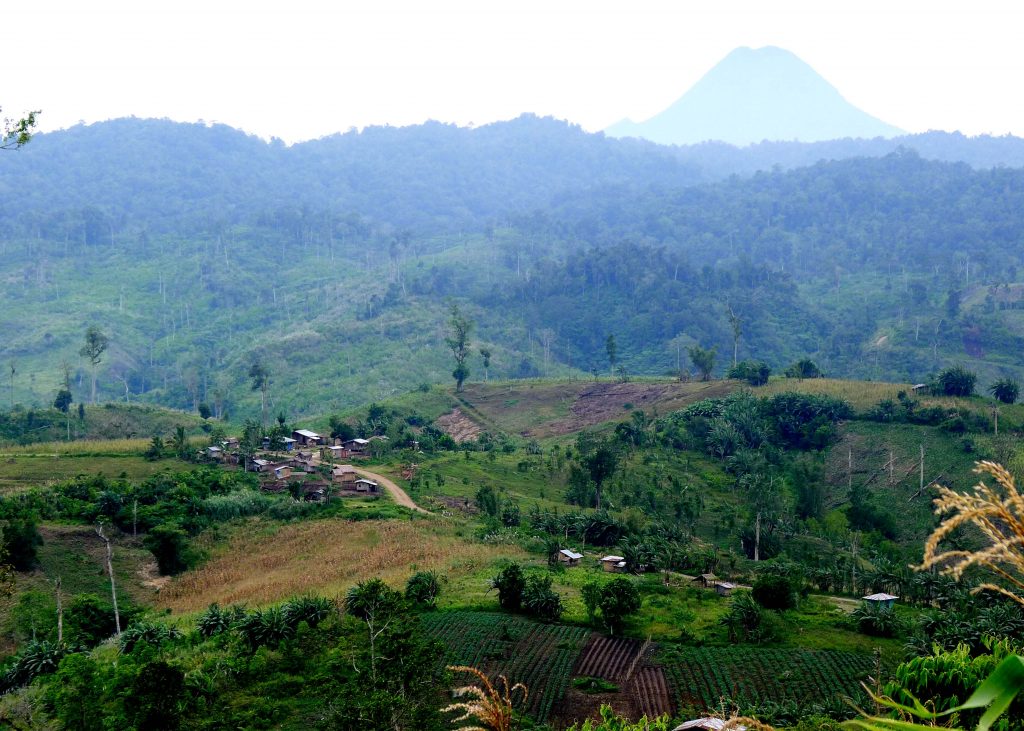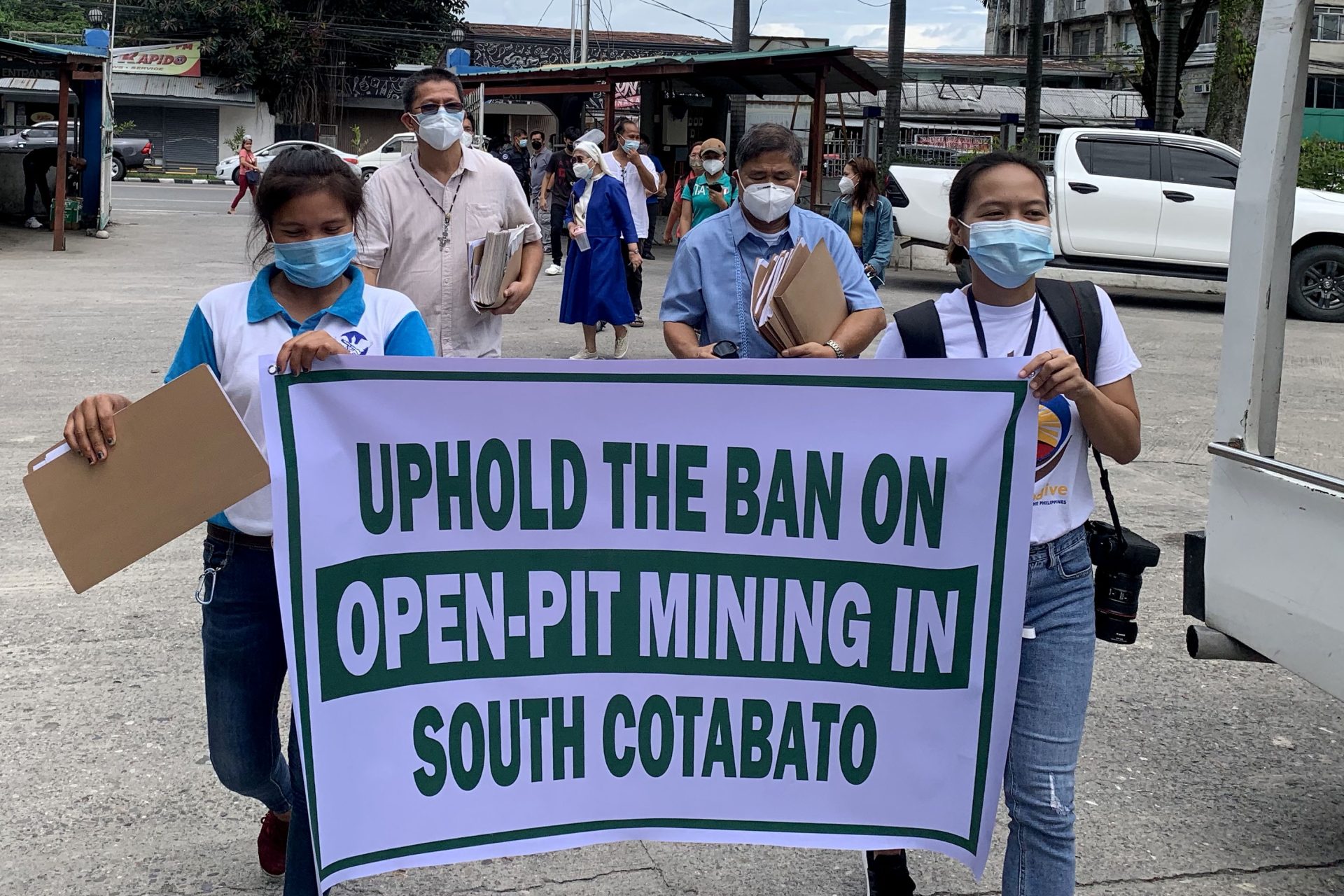More than 200 Catholic social action workers from across the Philippines have expressed their support for the campaign against open-pit mining in the Diocese of Marbel in the southern region of Mindanao.
“Following the challenges of the encyclical Laudato si’ and the 2022 [Catholic Bishops’ Conference of the Philippines’] Pastoral Statement on Ecology, we firmly believe that local actions matter greatly in the fight against climate emergency and planetary crisis,” read a statement from the Church workers.
They called on the provincial government of South Cotabato “to work more tediously to guard the ecological sanctity of Tampakan and respect the will of the people, instead of revising the provincial environment code giving in to the personal and business interests of mining operators and its benefactors.”
Tampakan mines
The Tampakan project on Mindanao island has been described by its developer Sagittarius Mines as “one of the largest undeveloped copper-gold deposits in the world.”
It was previously estimated to cost US$5.9 billion and was due to start operation in 2016.
But the project has faced numerous problems, including the local government’s 2010 ban on open-cast mining and opposition from Church, community, and environmental groups.
Sagittarius, which is headquartered in South Cotabato and is a government contractor, had already obtained the necessary certification from the National Commission on Indigenous Peoples and agreement from the indigenous community.
Open-pit mining directly extracts minerals on the ground and differs from other methods that require tunneling or underground mining.
The Philippines is one of the world’s biggest suppliers of nickel ore and is also rich in copper and gold, but the government estimates 95 percent of its mineral resources remain untapped.
Mining revenues contribute less than one percent of GDP to the economy, according to the latest available government data.
A nationwide ban on open-pit mines was lifted last year in a bid to revitalize the country’s coronavirus-battered economy.
It was imposed in 2017 when the then-environment minister blamed the sector for widespread ecological damage.
Manila has since reversed course, encouraging mining investments to shore up government revenues as lockdowns and quarantine restrictions ravaged the economy.
In April 2021, President Rodrigo Duterte — who had previously threatened to shut down the sector completely — lifted a nine-year ban on new mining deals set by his predecessor following public backlash over a series of devastating accidents.

Public accountability
The social action workers, who attended the 41st National Social Action General Assembly in General Santos City last week, urged the people of South Cotabato to demand for public accountability from officials in carrying out regular scrutiny of government transactions related to environment actions.
“We salute the bravery and sincere stance of the Diocese of Marbel, through the leadership of Bishop Cerilo Alan Casicas and Fr. Jerome Millan, the social action director, for steadfastly holding the line of accountability and preservation of life in Tampakan, and for working continuously to contribute to the betterment of life of the B’laan and other indigenous communities in South Cotabato,” read the Church people’s statement.
Due to pressure from the Church and various civil society and pro-environment group, Governor Reynaldo Tamayo Jr. of South Cotabato vetoed a measure removing the controversial ban on open-pit mining in the province.
The proposed ordinance amended the Provincial Environment Code of South Cotabato and lifted the ban on open-pit mining in the province.
In his veto letter, Governor Tamayo said the proposed measure is “prejudicial to the public welfare and inimical to the overall interest” of people in South Cotabato.
“We pray that with this collective voice and action, the national government of the Philippines, through the Office of the President and the Department of Environment and Natural Resources, will heed the call of its people to make the moratorium against mining in the country a national institutional policy,” read the statement of the social action workers.







